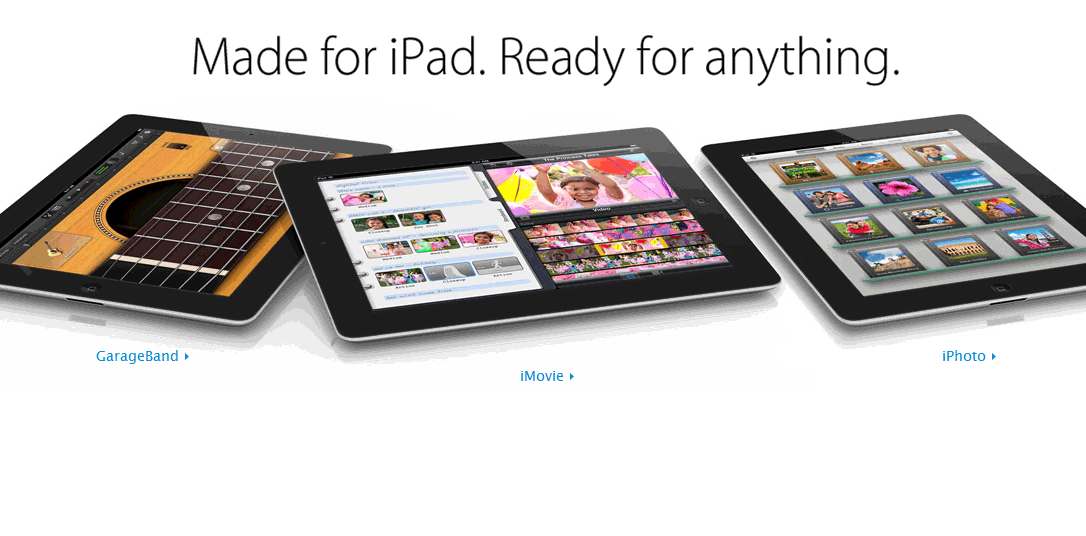Apple Vs Samsung isn’t just one court case in one country, it’s an industry-wide, international campaign by both companies that’s going to influence the development of the smartphone and tablet market for years to come.
Here’s a brief run down.
South Korea
Just hours before the now infamous ruling in the US, a court in South Korea ruled that Samsung and Apple had infringed each others’ patents on some of their devices. The court found that Apple had infringed a patent for wireless technology owned by Samsung and, in the same judgement, found that Samsung had infringed Apple’s patent that causes the screen to bounce when users scroll to the end.
The court also found that Samsung wasn’t guilty of copying the look and feel of Apple’s devices. The court said that flat-panel devices with rounded corners existed before both devices.
Damages were award to both sides, although nothing as huge as that awarded in the US, and a partial ban was put in place against some older generation Samsung (Galaxy S II) and Apple products (including the iPhone 3GS, iPhone 4, iPad 1, and iPad2) in the country.
England
The South Korean and Californian rulings came just over a month after a court in London passed an order saying that Apple must state on its website and in print media that Samsung had not copied the design of the iPad (This was the same case in which the judge said the Samsung Galaxy Tab wasn’t as “cool” as the iPad). The ruling was passed on July 18 but Apple lodged a successful appeal a week later allowing it postpone displaying the notice until the company can lodge an appeal against the ruling in October.
Europe
On the continent a German court previously ordered that the sales of the Galaxy Tab 7.7 be banned in the European Union because Samsung had infringed Apple patents. The same court in Dusseldorf also ended a ban in Germany on the Samsung Galaxy Tab 10.1N after Samsung made design changes to the devices predecessor, the Galaxy Tab 10.1.
America
An finally, there was the landmark case in the US that found that Samsung had copied Apple and awarded the company $1.4 billion in damages – Apple had been looking for $2.5 billion. It was widely known that the stakes for the US case were huge; even Judge Koh appealed to both Apple and Samsung to settle their differences saying that there were “risks here for both sides.”
But that’s not the end of it; Apple will request on September 20 that Samsung be banned from importing at least some of its smartphone and tablet devices to the US while Samsung will launch an appeal, if not against the case at least against the amount of damages.
Apple said it was happy with the court “for finding Samsung’s behaviour wilful,” and it believed it sent “a loud and clear message that stealing isn’t right.”
And that, rather than the money (both companies are not short of a few dollars), might be Apple’s true victory in this case; casting doubt on Samsung’s products in the minds of consumers.
The Future
What does the latest ruling, and the ongoing patent trial process, mean for consumers? Some argue that the findings will force companies to become more innovative while others argue that the fear of such cases, along with wide ranging bans, will lead to fewer choices on the market for consumers.
All we know is it’s not over yet.











